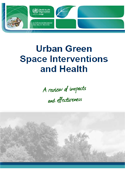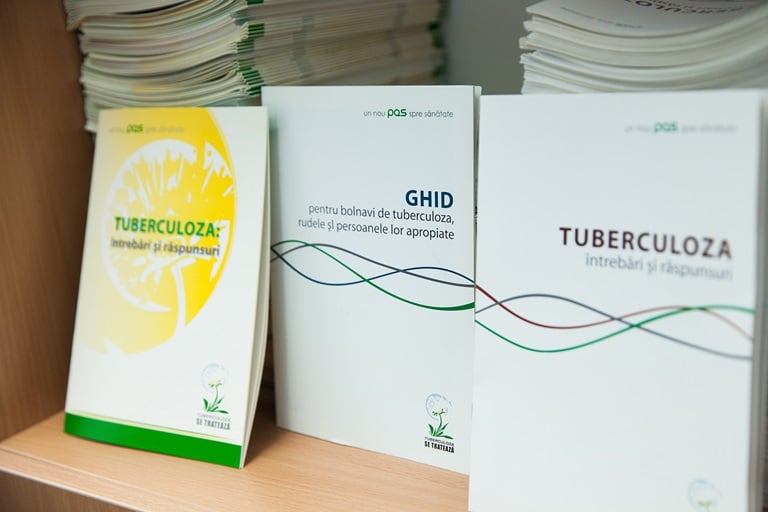Urban green space interventions and health: A review of impacts and effectiveness. Full report

Overview
There is a wide range of international agreements and commitments to enhance and support the establishment of green spaces in urban settings, as these are considered to provide a range of benefits to the urban population. Yet, little is known on the most effective ways to deliver urban interventions on green spaces, and how to make sure that the environmental, social and health benefits are maximized. To respond to this question, this new WHO report provides the results of an evidence review and an assessment of local case studies on urban green space interventions.
The findings show that interventions to increase or improve urban green space can deliver positive health, social and environmental outcomes for all population groups, particularly among lower socioeconomic status groups. Yet, there is a need for better inclusion of health and equity outcomes in studies on green space interventions, and an improved monitoring of local green space management and related health and equity impacts.
Local experiences and urban practice suggest that multidisciplinary planning, cross-sectoral collaborations and community engagement in the planning process are essential to ensure that urban green space interventions deliver on multiple outcomes and provide a variety of functional opportunities that attract different population groups. Urban green space interventions seem to be most effective when a physical improvement to the green space is coupled with a social engagement/participation element to promotes the green spaces and reach out to new target groups.






